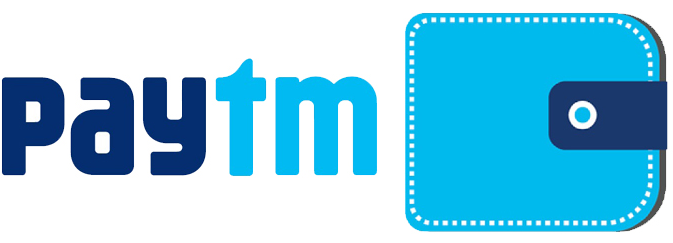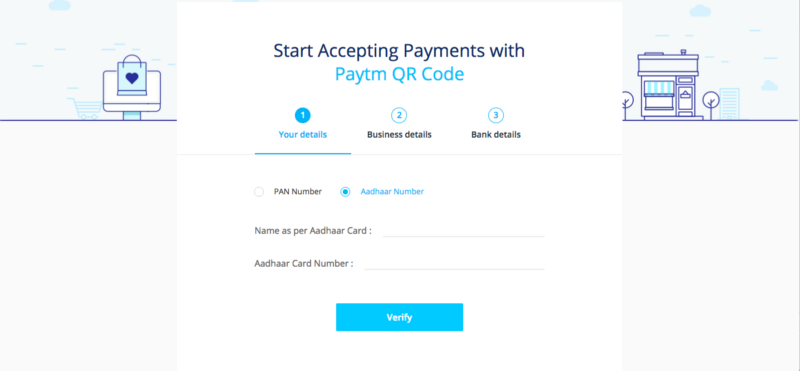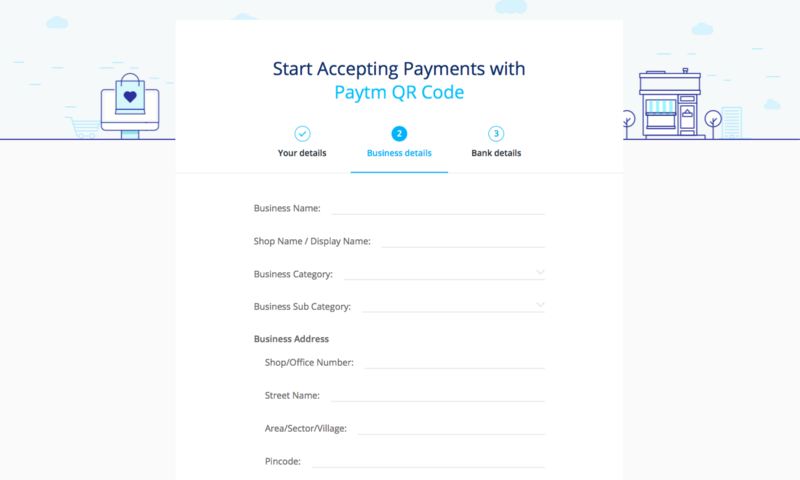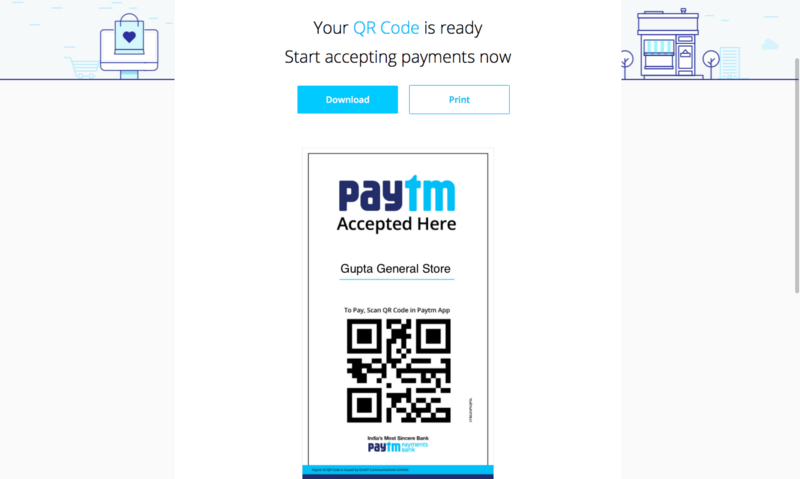Where once, words like lending, borrowing and loans belonged to the confined walls of a bank, these terms have now grown to the unconfined boundaries of technology.
Fintech i.e. Financial Technology is a term used to describe technology disruptive start-ups that are changing the way traditional financial services are carried out. Any app that you use for availing financial services all fall under the Fintech ambit, whether you’re talking about digital wallets or robo-advisors. Even lending has transformed significantly thanks to Fintech!

This means one can safely bid adieu to long queues, heavy paperwork, continuous rejection and slower procedures when it comes to borrowing loans. Fintech makes use of big data, cloud and digital technologies to acquire, retain, underwrite and monitor customer’s behaviour at greater, efficient speeds and at betters costs and accuracy.
Abhishek Kothari [Founder of Indian digital lending platform FlexiLoans] in his article in VCCIRCLE has thrown light on how Tech & Data has driven the fintech lending space in India
Tech: With cloud-based IaaS [Information-As-a-Service] models and API [Application Programming Interface] banking gaining rapid adoption, it is now possible to have the stack ready with minimal capital expenditure. In fact, technology has been a great asset for companies across the globe to gain speed to market and grow as fast as the more established counterparts in other countries. In many countries, disbursing and collecting installments has been made possible through seamless banking integration but India is yet to see a mature solution around it. UPI is a step in the right direction but still needs a lot of work before lenders can use it.
Data: Alternative finance hinges on the availability of newer data sources to make risk decisions. More data allow informed decision making and lending to segments which were otherwise underserved. On this metric, countries like the US, UK and China have been far ahead because of connected data sources like bank accounts, companies database, tax data, etc. while India lags behind as many data sources are still inaccessible [e.g., litigation database], insufficient [e.g., bureau penetration] or inaccurate [e.g., business ratings]. However, the government has put huge focus on this and programmes like UIDAI and IndiaStack are enabling this at a good pace.
He’s also spoken about the unique problems faced by Indian retailers and how Fintech has helped overcome some of them
Fintech lending platforms provides credit to small segments
According to him small Indian businesses are really unique and in the absence of government aid they fall back on the informal sector for funding. That’s why fintech companies in India try to innovate on the acquisition model to provide finance to this segment. They use partnership models wherein they either partner with e-commerce platforms for borrowers or offline retailers through point of sale providers.
Fintech solves the problem to identify risk of borrower
But, after the acquisition, the bigger problem is assessing the borrower’s risk of default. That’s where the ‘alternate lending’ methodology helps. Because of a thin credit file or sparse financials in this segment, new-age lenders have developed innovative data science-led approaches to solve this problem. Various sources like social sites, device data, digital footprint, seller reviews, etc. are being used to develop surrogate yet highly correlated indexes that can potentially replace or enrich traditional models.
They solve the problem to provide credit at low costs
Another problem banks face is the difficulty to carer to small business segments. These segments want quick, unsecured, small-value loans but because of the cost-heavy branch-based operating model, it is sometimes unviable for banks to lend small-value loans. New-age lenders have solved this very efficiently by using cutting-edge technology to bring the acquiring, processing and servicing cost down such that they are profitable for small value loans as well. This is really the birth of ‘digital lending’.
Collection of data is super useful to a company to understand the credit worthiness of a customer. Here’s how this data is collected
Suppose you opt for ‘Pay as EMI’ while online shopping, this information is captured and gives an insight on your payment history. According to one Fintech startup founder, “Someone has to look at a range of these financial, behavioural, and social attributes, make sense of them and make the data available to institutions in a manner that they can trust and use for lending.”
He believes that, “Most institutions are completely missing out on maximizing how they use old data, let aside new data and new insights. Alternative data may be the answer”.
He explains how sometimes the name and details on an Aadhaar card may not exactly match the one name on the PAN card. Location data might suggest that the person is living elsewhere. Or an individual may on paper be working with Company X, while social data suggests that they’ve already moved on to Company Y.
For a lender all these are extremely important and valuable pieces of information. If used they could significantly bring down default rates. He also throws light on how Mobile Data in India might not exactly be clean because of use and throw sim cards. But that’s when algorithms come into picture to counter this problem.





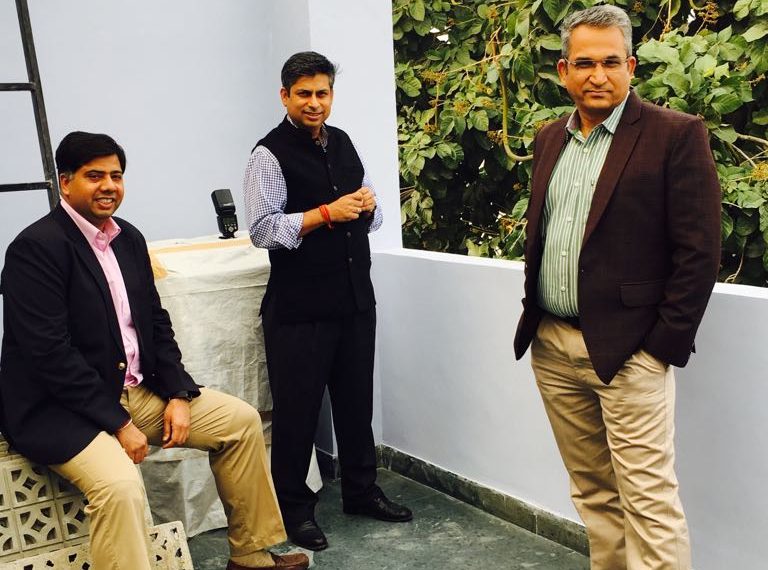

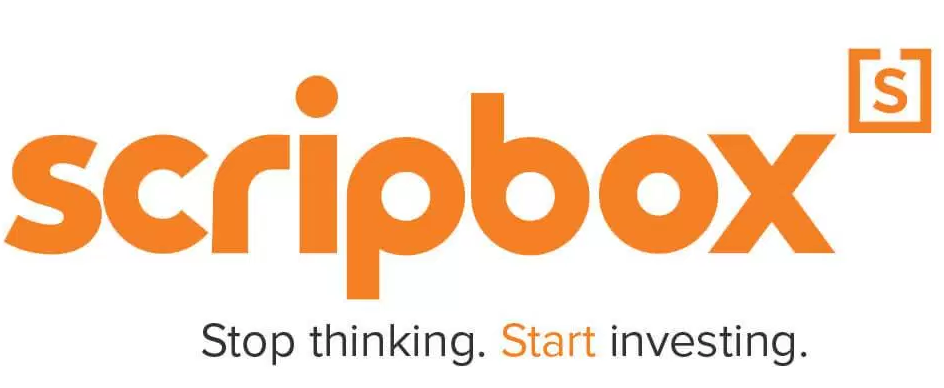 Scripbox uses proprietary algorithms to simplify and automate the steps required for successful mutual fund investment. Human errors and bias are removed as the algorithm recommends the best mutual funds to invest your money in. Additionally, best investment practices such as periodic review and refreshing of funds are also automated by Scripbox. Since their inception in 2012, they have enabled over 1.1 million investment transactions.
Scripbox uses proprietary algorithms to simplify and automate the steps required for successful mutual fund investment. Human errors and bias are removed as the algorithm recommends the best mutual funds to invest your money in. Additionally, best investment practices such as periodic review and refreshing of funds are also automated by Scripbox. Since their inception in 2012, they have enabled over 1.1 million investment transactions.

